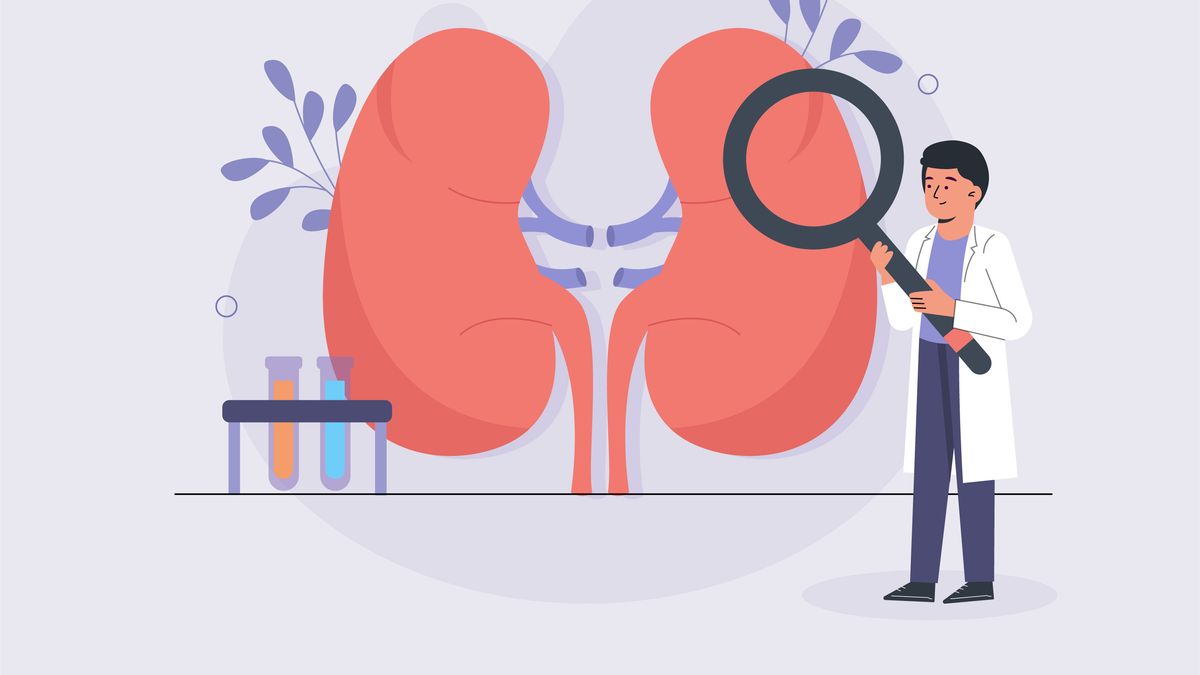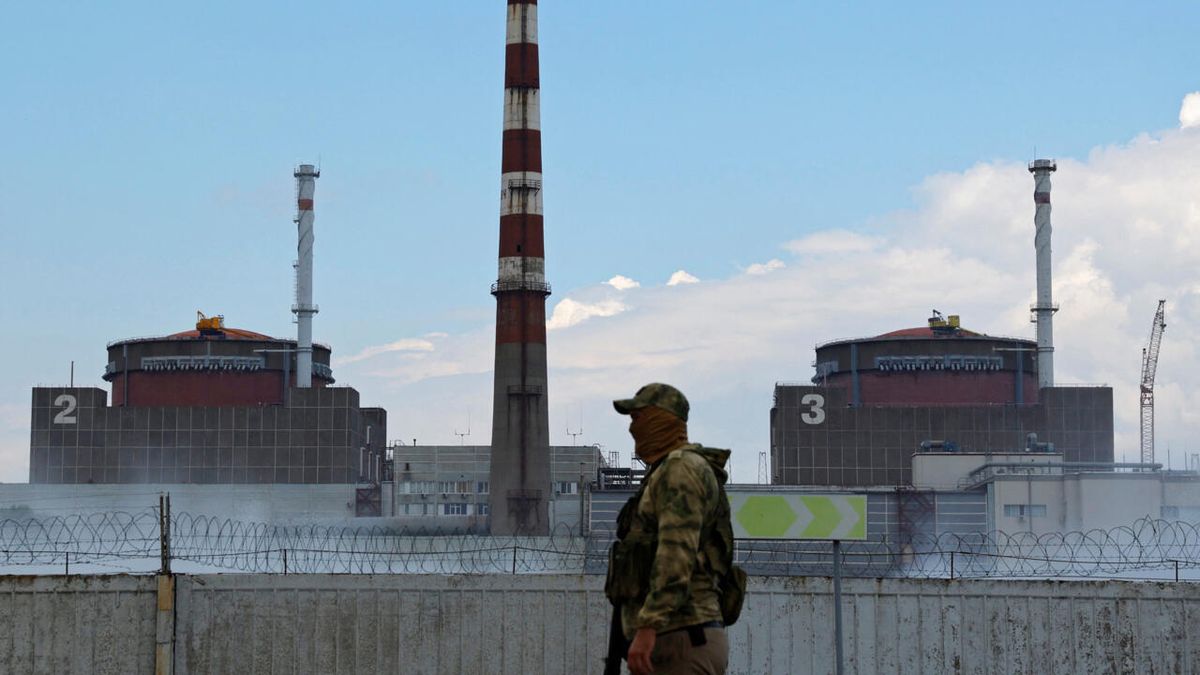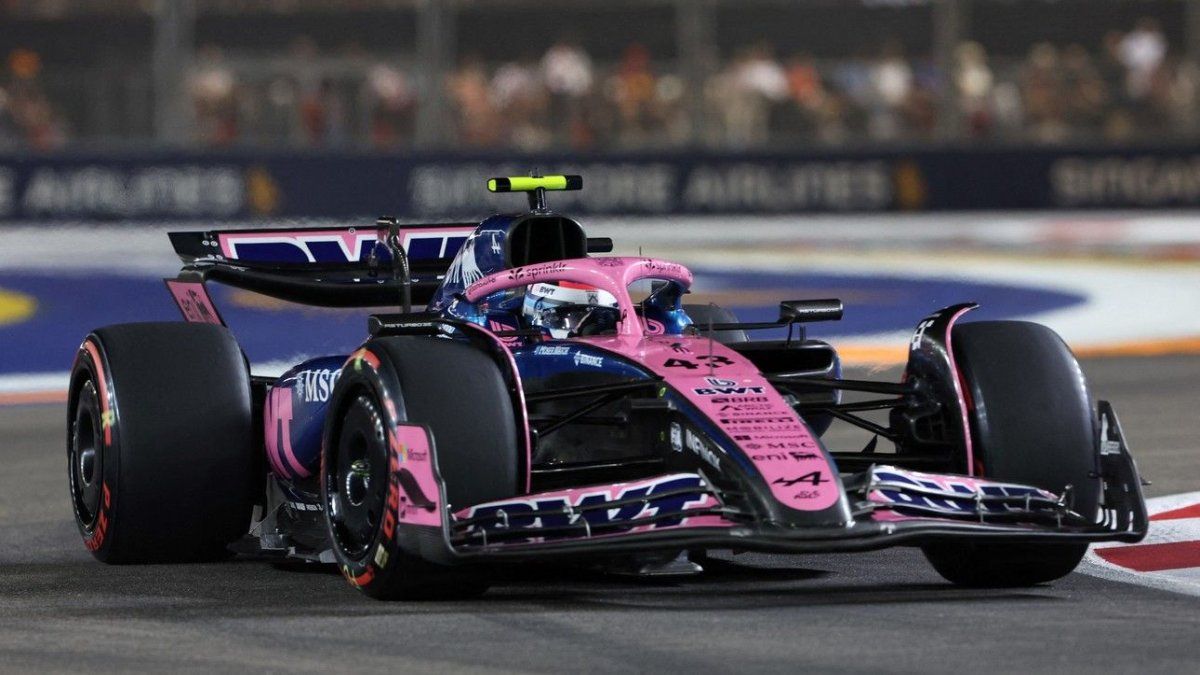He kidney cancer it is the sixth in frequency in our country, represents 3.5% of new cancer cases, and constitutes the ninth cause of death. Its incidence is increasing in relation to the frequent use of imaging studies and an increase in the age of the population. In Argentina around five thousand cases are diagnosed per year.
Although kidney cancer is mostly sporadic, there are factors that can increase a person’s risk of developing it, such as smoking. Tobacco smoking doubles the risk of kidney cancer. It is considered to cause about 30% of kidney cancers in men and about 25% in women.
On the other hand, men are two to three times more likely than women to develop kidney cancer. Age is another risk factor. Kidney cancer is generally seen in adults and is usually diagnosed between 50 and 70 years of age. Also obesity, high blood pressure, chronic kidney disease, long-term dialysis, family history, among others.
He history of a first degree relative diagnosed with kidney cancer also increases the risk
“The most important function of the kidneys is to filter the blood to remove impurities and excess water in the form of urine. Also, the kidneys produce hormones that control blood pressure, the production of red blood cells and other essential functions to sustain the internal environment”, expressed Eduardo Biondi on World Kidney Cancer Day, oncologist and medical manager of the Varifarma Laboratory.
Eduardo also pointed out that “the kidneys are located in the posterior region of the abdomen at the height of the first three lumbar vertebrae, one on each side of the spine: the right one is under the liver and the left one is under the diaphragm next to the spleen, both protected by the last ribs and by two layers of perirenal and pararenal fat.
Renal cell carcinomas are a group of heterogeneous tumors that are characterized by a particular molecular biology, a different clinical course, and a response to specific treatments.
Renal cancer usually does not present symptoms in its initial stages, and detection is made by chance findings in routine studies or motivated by other symptoms, such as blood tests or abdominal ultrasound.
The triad: tumor, pain and hematuria (blood in urine), described in most of the texts referring to the subject, is not so frequently seen in clinical practice today.
Despite the fact that in the early stages of the disease, symptoms generally do not appear, as the disease progresses they begin to appear: hematuria, fatigue, loss of appetite, fever and anemia. A picture of arterial hypertension may also appear in patients who are not hypertensive.
Kidney cancer treatments
The treatment of renal cancer has evolved a lot in recent years with the advent of new molecules that increase the therapeutic alternatives for patients.
Each doctor will define the treatment strategy depending on various points related to each particular patient and the progression of the disease. It is essential that health professionals from different specialties participate in care, forming a multidisciplinary team including radiologists, pathologists, urologists, surgeons, oncologists, radiotherapists, nutritionists, nurses, and psycho-oncologists.
In localized/locally advanced disease, surgery is the standard of treatment.
In the management of advanced disease, it is very important to classify patients according to the risk group scores established by international guidelines, since they not only establish the prognosis but also modify the specific therapeutic indication for each group.
It is essential to talk about this “silent and inconspicuous disease” to raise awareness and show the importance of making this type of cancer visible and being able to prevent it or detect it in the early stages of the disease.
Source: Ambito
I am an author and journalist who has worked in the entertainment industry for over a decade. I currently work as a news editor at a major news website, and my focus is on covering the latest trends in entertainment. I also write occasional pieces for other outlets, and have authored two books about the entertainment industry.




